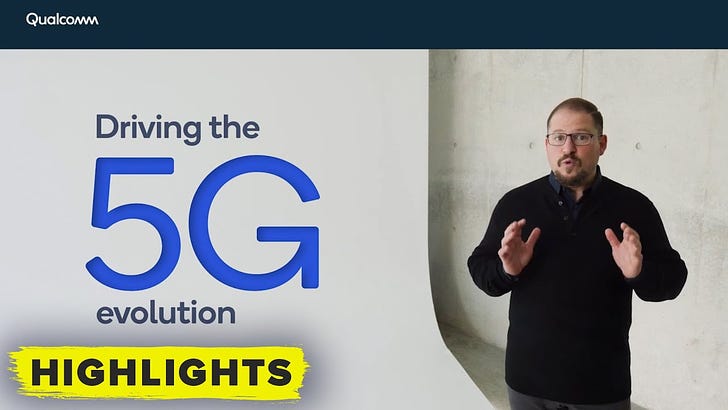Mobile World Congress 2021: Location Technology Key to 5G
Location Big Component of Future 5G Rollouts
At least one major company at the GSMA Mobile World Congress in Barcelona said such location technology as GPS will be critical for future 5G rollouts.
In a keynote address, Christiano Amon, Qualco…
Keep reading with a 7-day free trial
Subscribe to Location Business News to keep reading this post and get 7 days of free access to the full post archives.



